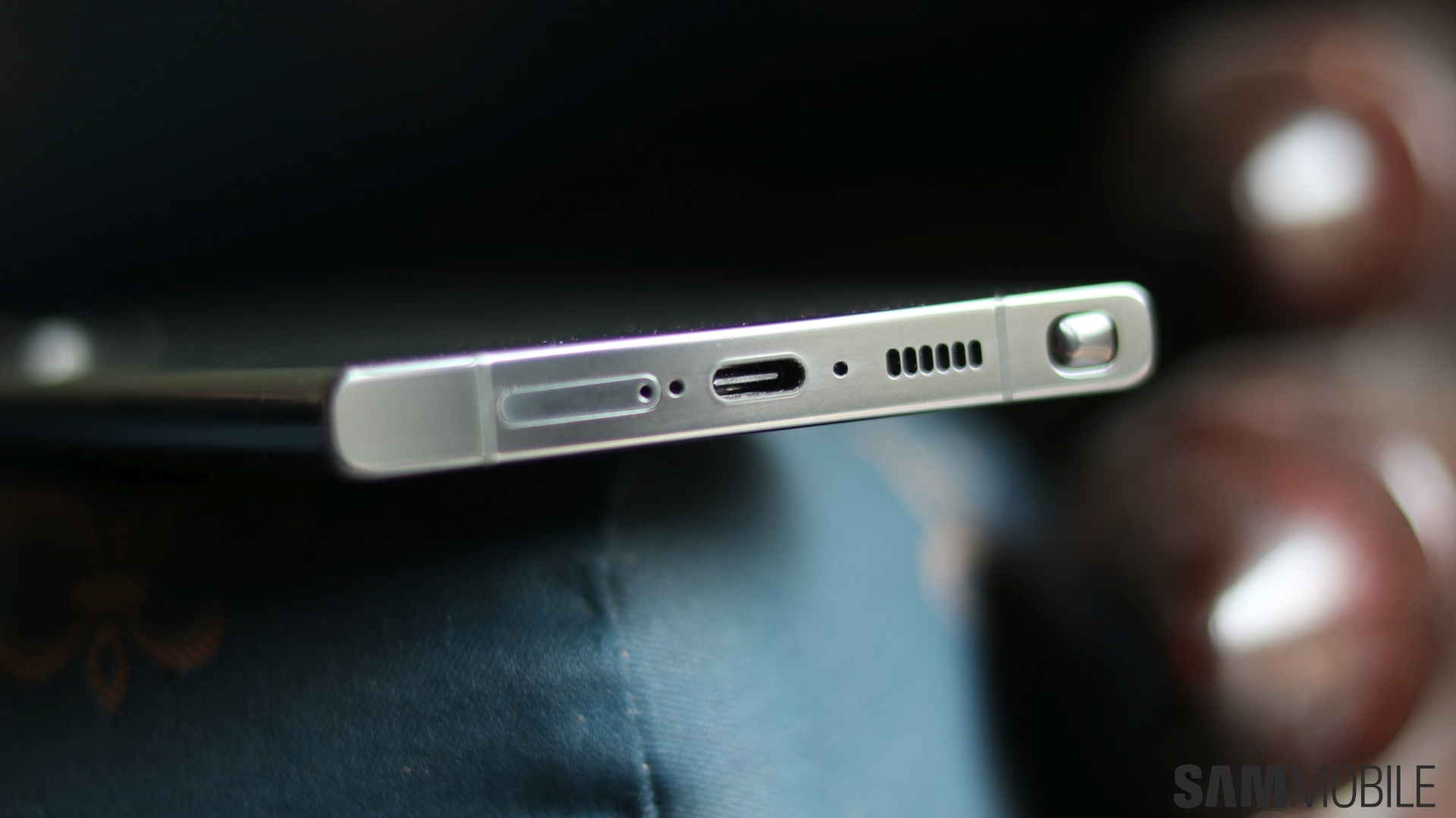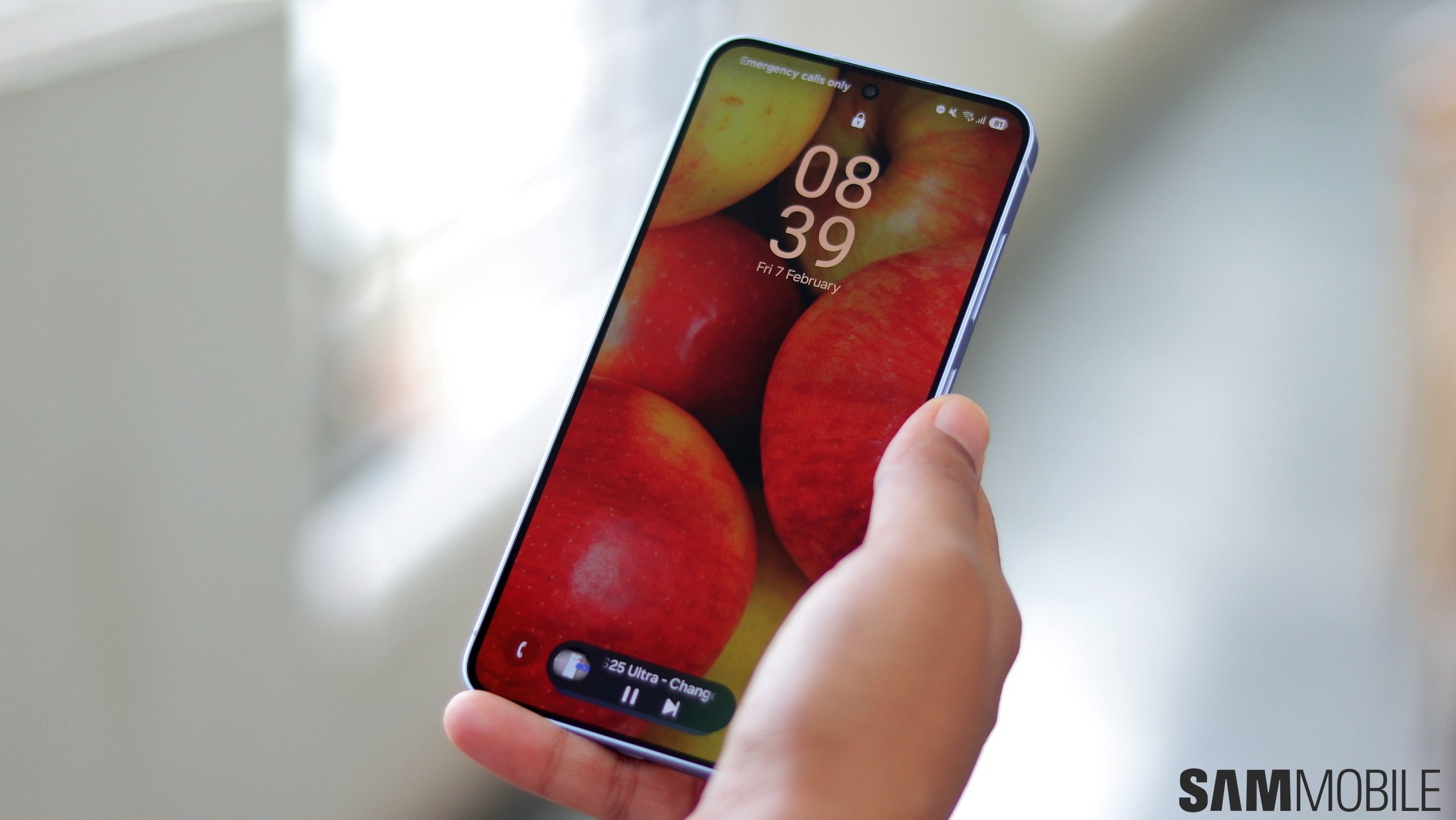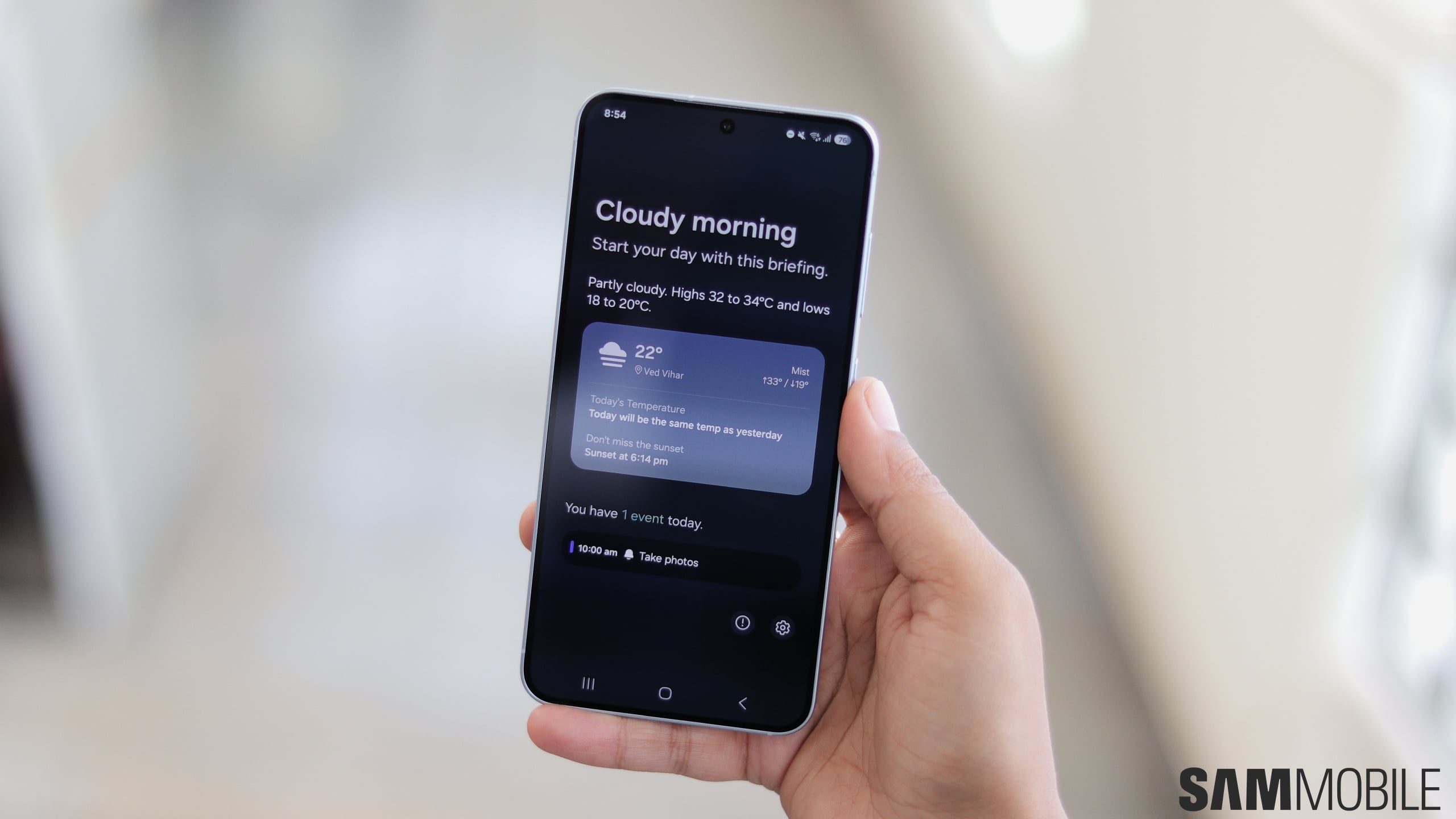
Titanium has high corrosion resistance and the highest strength-to-density ratio of any metallic element. This means it can help manufacturers create lighter phones and wearables without compromising their rigidity. On paper, this makes titanium a prime candidate for mobile devices, and Samsung has indeed used titanium for the Galaxy Watch 5 Pro.
Following the success of its Pro-grade smartwatch, Samsung is expected to introduce titanium to its smartphones, starting with the Galaxy S24 Ultra. Its frame is said to be made out of titanium, but to what extent is unclear.
The iPhone 15 Pro, for example, features a thin titanium frame attached to an aluminum inner chassis rather than a complete titanium build. This has allowed Apple to create a marginally lighter iPhone with a unique aesthetic quality, but some users have complained about the titanium frame (or rather, the finish on top of the titanium frame) being more vulnerable to scratches.
Galaxy S24 Ultra titanium – fad or the future?
It is too early to determine whether the Galaxy S24 Ultra will be a better phone because of the use of titanium, as the outcome will be determined by Samsung's manufacturing processes and ingenuity.
If Samsung uses enough titanium, it might shave off some of the Galaxy S24 Ultra's weight, resulting in a lighter phone. But whether the titanium frame will hold up better than Armor Aluminum is to be determined. Armor Aluminum proved its mettle, but titanium hasn't in this context and use case.
Story continues after the video
On paper, a titanium frame might be more resistant to corrosion in seawater or water with chlorine than an Armor Aluminum one. This could help water resistance.
However, in practice, Samsung recommends avoiding those substances anyway if you want to keep your water-resistance warranty. So, even though the Galaxy S24 Ultra could better-survive the elements, you might not want to put that to the test.
One negative effect to using titanium appears to be a higher price. Titanium is an expensive metal, and if the recent pricing rumors are anything to go by, the Galaxy S24 Ultra is the only model to have had a significant price increase over its predecessor, regardless of memory options. It's pricier across the board.
We will be reviewing the Galaxy S24 Ultra and we might have more to say about the titanium build after we spend some time with the phone. With that in mind, stay tuned, and if you are interested in buying the device, you can now register online and save $50.
















